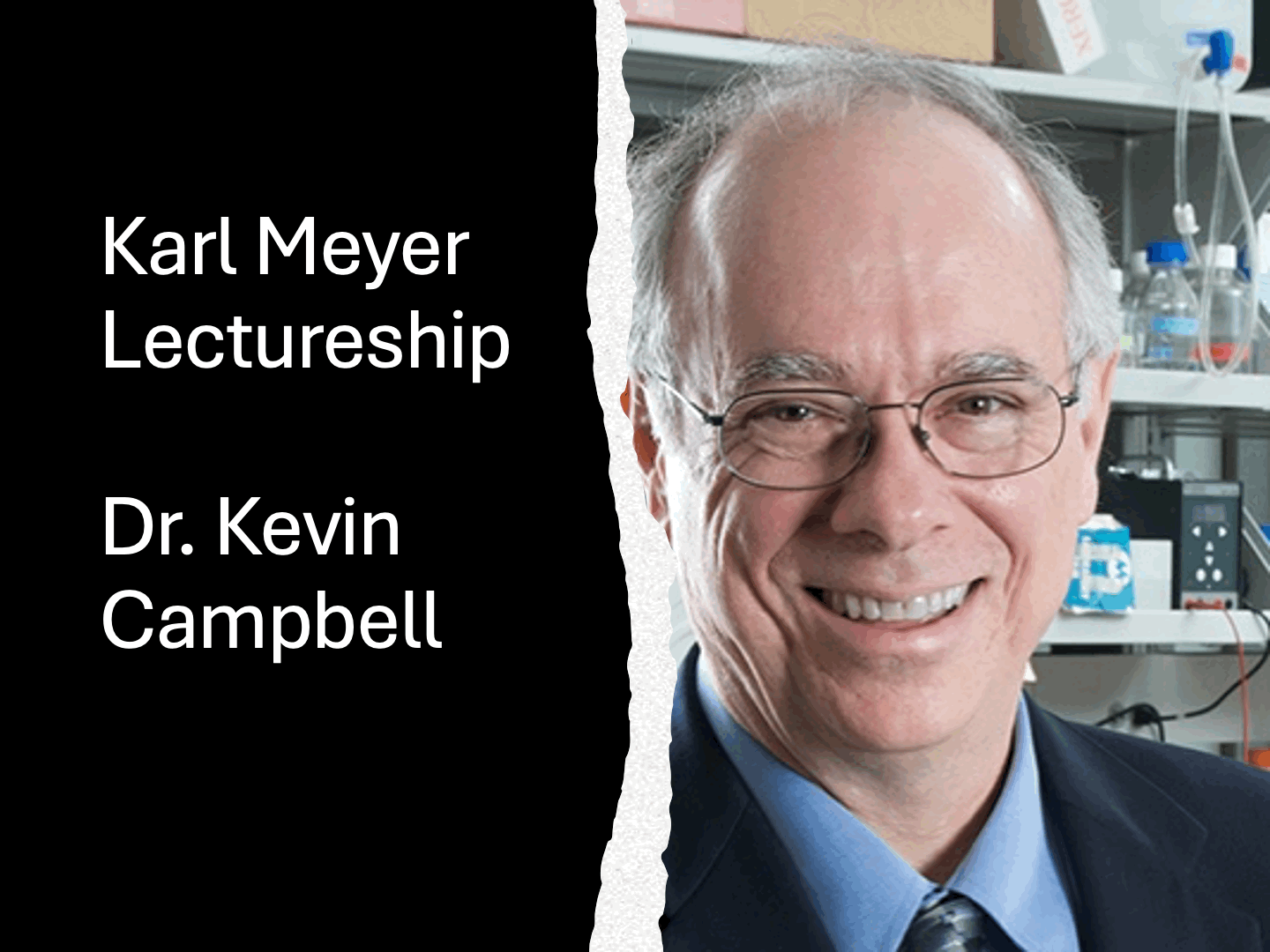2009 Rosalind Kornfeld Award goes to Mary Catherine (Susy) GlickThe Society for Glycobiology is pleased to announce that the recipient of the 2009 Rosalind Kornfeld Award is jointly awarded to Mary Catherine (Susy) Glick and Roland Schauer. The Rosalind Kornfeld Award for Lifetime Achievement in Glycobiology was established in 2008 to honor the distinguished scientific career and service to the Society by Dr Rosalind Kornfeld. The award is given by the Society to scientists who have, over their professional lifetimes, made significant contributions with important impact on the field.
Her seminal contributions in neuroblastoma include the recognition that terminal carbohydrate structures are critical regulators of protein functions and cellular processes, and they are signature features of transformation. She discovered that neuroblastoma cell membranes contain unique N-linked 2,8 polysialic acid polymers that regulate several cellular functions including the opening of neurotoxin-responsive sodium channels, and the myelination of oligodendrocytes. Importantly, she was one of the first to demonstrate that viral transformation affects cell surface glycosylation and that altered glycosylation regulates oncogenic properties of transformed cells. In collaboration with Dr. Tom Scanlin, Dr. Glick made major contributions to our understanding of the airway biology in cystic fibrosis (CF). They reported that cell surface fibroblast and airway epithelial membranes had altered glycosylation with increased fucose and decreased sialic acid. They leveraged these initial observations to develop strategies for non-viral vector gene therapy for CF. Importantly, their observations have fueled major current investigations in CF to test whether altered cell surface glycosylation is the basic defect that confers an advantage for infection with opportunistic organisms like Pseudomonas. Dr. Glick has been prolific in communicating her discoveries in over 110 peer-reviewed manuscripts and 35 invited reviews and chapters. A critical factor contributing to the influence of her work has been her productive collaborations with many leading scientists and physician-scientists; these collaborations are models of translational research in Glycobiology. In addition to her innovative and stellar scientific research, Dr. Glick has contributed mightily to the glycobiology field. She has mentored and trained numerous investigators many of whom have gone on to become department chairs or division heads in this country and abroad. She worked tirelessly to advance recognition of the field of Glycobiology, which has grown tremendously since she first entered the field in the 1960's. Drs. Glick and Eugene Davidson worked together to establish the incorporation of the Society for Complex Carbohydrates. She was elected President of the Society for Glycobiology in 1982 and was elected President of the International Glycoconjugate Organization in 1995. She was a strong supporter of glycobiology research at NIH and various foundation study sections. She has served as an Associate Editor for the Glycoconjugate Journal, Cancer Research, and Glycosylation & Disease. In recognition of significant scientific contributions on cell surface glycobiology and disease, and her leadership in promoting the field of Glycobiology, The Society for Glycobiology has awarded Dr. Glick the 2009 Rosalind Kornfeld Award for Lifetime Achievement in Glycobiology. |

 Mary Catherine (Susy) Glick (Professor Emerita of Pediatric Research, University of Pennsylvania) pioneered the field of terminal glycosylation of membrane glycoconjugates and their role in disease, specifically neuroblastoma, a deadly cancer in children, and cystic fibrosis, the most common fatal inherited disease in caucasians. She developed technologies to isolate pure cell surface membranes from mammalian cells and her research led to the recognition of the cell surface membrane as a distinct and interactive organelle with unique functions of locomotion, signal transduction, adhesion, endocytosis, and channel activity.
Mary Catherine (Susy) Glick (Professor Emerita of Pediatric Research, University of Pennsylvania) pioneered the field of terminal glycosylation of membrane glycoconjugates and their role in disease, specifically neuroblastoma, a deadly cancer in children, and cystic fibrosis, the most common fatal inherited disease in caucasians. She developed technologies to isolate pure cell surface membranes from mammalian cells and her research led to the recognition of the cell surface membrane as a distinct and interactive organelle with unique functions of locomotion, signal transduction, adhesion, endocytosis, and channel activity.